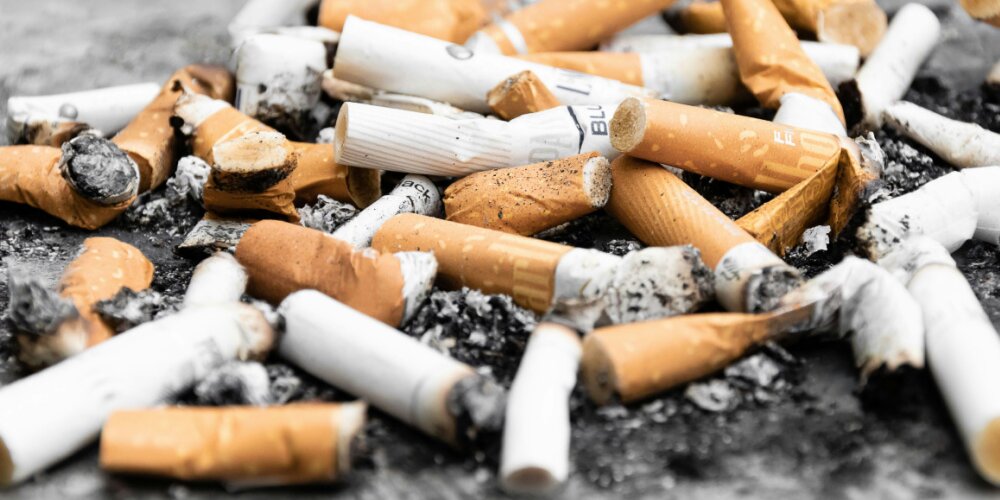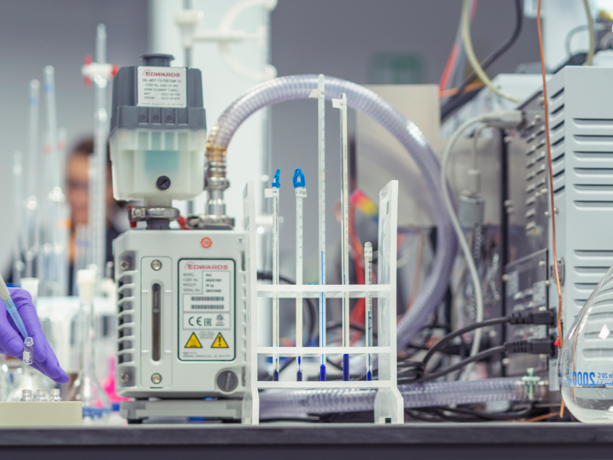Scientists Recycle Cigarette Butts to Assist With Biodiesel Production

With our awareness of, and desire to change, our reliance on fossil fuels, new alternatives are incredibly valuable. One of these alternatives is biodiesel, which is made from waste vegetable oils or animal fats, and is up to four times faster at breaking down than fossil fuel derivatives – and significantly less toxic.
Unfortunately, the manufacture of biodiesel is not as cost-effective, which has hampered its progress as a viable option on a large scale. Nor is it without its own pollutive processes, which can discourage people from using it.
However, promising new research from teams at Kaunas University of Technology and the Lithuanian Energy Institute may offer an innovative solution using cigarette butts.
According to Samy Yousef, one of the lead researchers on the project, cigarette filters are rich in triacetin, which is “a key compound in the production of biodiesel.” Using pyrolysis, a process whereby materials are exposed to high temperatures in relatively inert atmospheric conditions to encourage thermal decomposition, the team was able to extract triacetin-rich oil.
Interestingly, extracting this oil is not the only benefit of recycling cigarette waste, as other waste products from the pyrolysis may have value. The char materials left behind are rich in calcium, which has the potential to be used in fertilisers and wastewater treatment. The process also generated hydrogen gas, which could be used as a sustainable power source.
The importance of a circular economy when it comes to material production cannot be understated. By repurposing an abundant resource, like cigarette waste, and finding uses for all byproducts in some way, this method could be part of a meaningful solution for the future of sustainable fuel production.
In need of materials testing support?
Then make The Lab your first stop. We’re here for you whenever incidents occur, to help you understand what happened and to prevent it from happening again.
Our team of experts is spread across multiple disciplines, with decades of experience in ensuring the best results. For more information, contact us to book a no-obligation consultation today.
Find materials testing services at The Lab now
For more valuable insights, industry news and information, explore The Lab’s News and Knowledge Hub…
Hydrogen Fuel Cells: Are They the Future of Transport? | Is It Possible to Create Carbon-Neutral Steel? | Carbon-Negative Concrete Developed by Researcher
- Author
- Dr Caroline Young
- Date
- 05/02/2024
